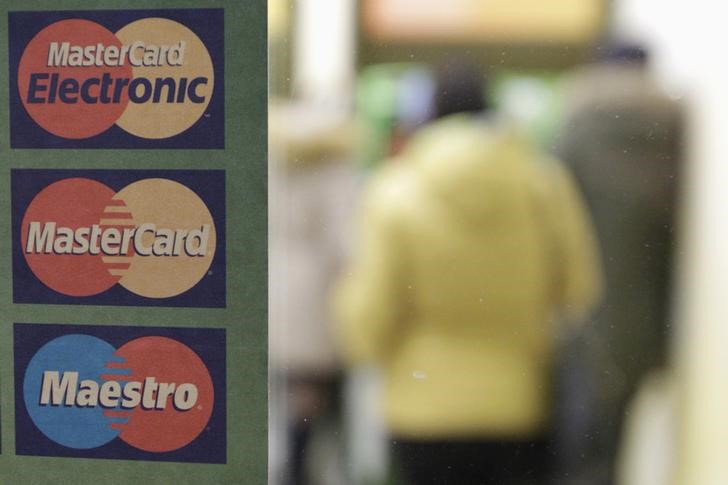Mastercard: U.S. holiday sales to rise 3.6% amid tariffs, shifting trends

Investing.com -- U.S. retail spending is expected to grow 3.6% this holiday season as consumers balance value with lifestyle-driven purchases while navigating higher tariffs and a cooling labor market, according to the Mastercard Economics Institute.
The forecast, which spans from November 1 to December 24, indicates stronger growth in e-commerce, projected to rise 7.9% year over year, compared with 2.3% for in-store sales.
Inflation is expected to play a bigger role in lifting nominal sales than last year, Mastercard said, reflecting tariff-related price pressures on popular items such as clothing, toys, and beauty products.
In exclusive comments to Investing.com, Michelle Meyer, Chief Economist of the Mastercard Economics Institute, said: “The Mastercard Economics Institute US holiday forecast expects retail spending to grow by 3.6% this holiday season with consumers balancing value, health, and trendiness while navigating economic factors like tariffs and labor market shifts.”
She added that while “popular items like clothes, toys, and beauty products are already seeing higher tariffs,” the full impact on shoppers is uncertain.
“Some retailers may choose to partially absorb these costs in order to remain competitive on price and volume,” Meyer said.
Mastercard noted that value-driven behavior is likely to dominate. Consumers may “trade down” to cheaper products, shift spending to experiences, or concentrate purchases during promotional periods.
Gift cards, which allow buyers to fix their budgets while giving recipients flexibility, are also expected to see higher usage this season.
3rd party Ad. Not an offer or recommendation by Investing.com. See disclosure here or remove ads.Despite signs of slowing hiring, steady wage growth and stock market gains have supported consumer resilience.
“Savvy shoppers may adjust in smart ways,” Meyer said. “Some will still purchase the higher priced items anyway, boosting overall nominal sales growth.”
Should you invest $2,000 in MA right now?
Most investors will find it hard to answer that question with total confidence. Short of a guarantee, which no one can give you, the most successful traders stick to proven best practices without letting hype or hyper-vigilance take over their better judgment. But that doesn't mean you can't use smart shortcuts. If you're considering MA, try chatting with WarrenAI, our powerful AI financial assistant. It's just like ChatGPT for investors, but with access to 10 years of company data, a built-in screener, Wall Street analysts' reports, and earnings call transcripts for real-time, vetted insights. Even if you end up going with your gut feeling, at least you'll know why.
Ask WarrenAI, then decide